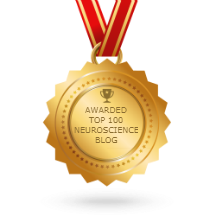-
26
Feb
Cold Spring Harbor Laboratory, June 26 – July 16
Applications by March 15
Computational cell biology is the field of study that applied the mathematics of dynamical systems together with computer simulation techniques to the study of cellular processes. The field encompassed several topics that have been studied long enough to be well established in their own right such as calcium signaling, molecular motors and cell motility, the cell cycle, and gene expression during development. In addition to providing a recognizable larger community for topics such as these, this course provided a base for the development of newer areas of inquiry – for example the dynamics of intracellular second-messenger signaling, of programmed cell death, of mitotic chromosome movements, and of synthetic gene networks. Unlike computational genomics or bioinformatics, computational cell biology is focused on simulation of the molecular machinery (genes-proteins-metabolites) that underlie the physiological behavior (input-output characteristics) of living cells.
The three week course in Computational Cell Biology incorporated a series of didactic lectures on the mathematics of dynamical systems, computational simulation techniques, cell biology and molecular biology. Practicing theoreticians and experimentalists will rotate in for 1-3 day visits during the course to give lectures and interact with the students. Midway through the course, students selected an area for independent study, and the focus of the last week of the course was largely on these projects, supplemented by continued visiting lecturers.
Some scholarship support is available to students – see applications materials.
Further information can be found on the CSHL website:
http://meetings.cshl.edu/courses/c-comp09.shtml
- Published by Dimitrios A. Adamos in: External announcements
- RSS feed subscription!

 Neurobot via RSS
Neurobot via RSS
